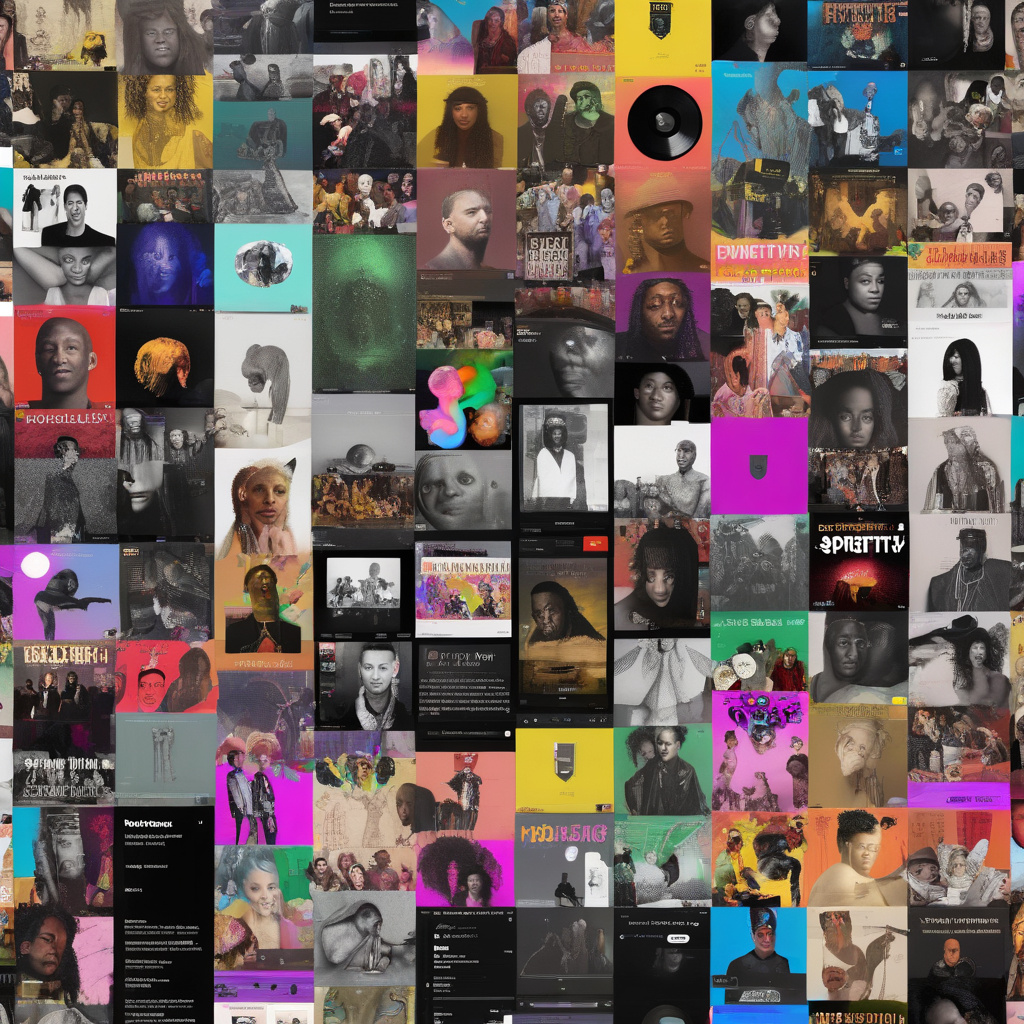Spotify Faces Backlash Over AI-Generated Songs on Memorial Artist Pages
In the realm of music streaming services, Spotify has long been a pioneer in utilizing technology to enhance user experience. However, the recent controversy surrounding AI-generated songs on memorial artist pages has sparked significant backlash and raised ethical concerns within the music industry.
The issue came to light when several users noticed that Spotify had been automatically generating new songs on the artist pages of deceased musicians. These posthumous tracks were not created by the original artists but were instead the result of artificial intelligence algorithms attempting to mimic their style and sound. This discovery has reignited the debate over the boundaries of AI creativity and the ethical implications of using technology to replicate artistic expression.
This is not the first time that Spotify has found itself embroiled in a controversy related to AI-generated content. The streaming giant has previously faced criticism for hosting fake artist profiles, where unknown musicians were credited with popular songs to boost streaming numbers. The revelation that AI is now being used to create music on behalf of deceased artists only adds fuel to the fire and raises questions about the authenticity and integrity of the music available on the platform.
While some argue that AI-generated music can be a form of tribute to late artists and a way to introduce their work to new audiences, others believe that it crosses a line by blurring the boundaries between human creativity and machine-generated content. The use of AI in this manner also raises concerns about copyright issues, as well as the potential impact on the livelihoods of living musicians who rely on streaming platforms for income.
As the controversy continues to unfold, Spotify is facing mounting pressure to address the ethical implications of AI-generated music on its platform. The company has yet to release an official statement on the matter, but industry experts and music enthusiasts alike are calling for greater transparency and accountability when it comes to the use of AI in creating and curating musical content.
In a rapidly evolving digital landscape where technology is reshaping the way we consume and interact with music, it is essential for companies like Spotify to navigate these challenges thoughtfully and responsibly. As AI continues to play a larger role in the music industry, it is crucial that ethical considerations are at the forefront of decision-making processes to ensure that artists, both living and deceased, are respected and their creative legacies are preserved.
The controversy surrounding AI-generated songs on memorial artist pages serves as a reminder of the complex relationship between technology and art, raising important questions about creativity, authenticity, and the future of music in the digital age.
Spotify, AI, music industry, ethics, creativity












